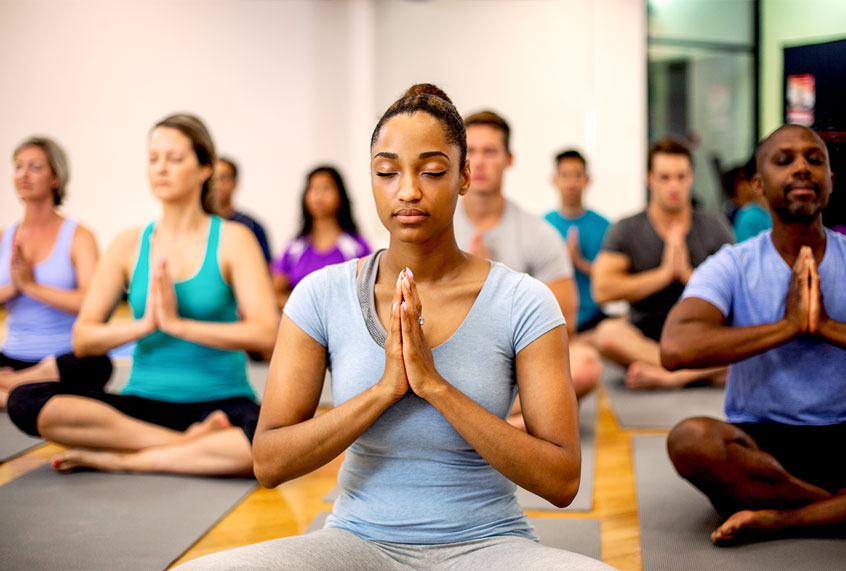Impeachment drama. Burning koalas. Iowan mysteries. Chinese viruses. It seems like a new crisis is thrown our way at least once a day. I’m trying to figure out what kind of action I can take to just make it all better, and I know I’m not alone. We’re all pulled in so many directions it feels like everything is an emergency.
So when I read Seane Corn’s book “Revolution of the Soul,” it made me feel a little more centered. It made me feel like I could take a breath and go make some change.
Over the last 12 years, Corn has been committed to training leaders to bridge the gap between yoga, transformational work, social justice and conscious action.
What does yoga have to do with social justice?
“In the practice of yoga,” Corn told me in our Inflection Point interview, “one of the main belief systems is that our liberation is bound. That I can’t be free unless we’re all free. So if I believe that, then my actions have to actually manifest that. And I have to be willing actually to look at the ways in which I’m participating in that separation.”
LISTEN:
Corn says there’s more to yoga than stretches and poses. She believes that our relationships with our bodies and our environment are inextricably linked and that yoga helps us explore and regulate our responses to stressors in our environment.
“The understanding of yoga needs to be broadened out past the body. That’s just the byproduct of the practice,” she said. “When you’re tense, you’re shut down. And in that tension is when we can create conflict. And so we practice yoga Asana, yes, to feel better, but to also teach us how to self-regulate so that we can be more in present time when there’s issues in the world — without contributing to it any further. So the yoga practice itself is much more complex than those physical poses. But the physical poses are a tool that we can use in order to stay resourced and grounded.”
She also acknowledges that in the U.S., mixing yoga and activism can be messy and uncomfortable.
“For years, I wanted to help until I realized that my helping was just one more form of saviorism,” she said. “My helping without really understanding colonization, without understanding white supremacy, without understanding power dynamics, that I was just contributing to systems that have already created so many problems. I had to dismantle within myself the image that I have of myself as a good person to that as a whole person with faults and graces.”
Yoga, then, is a practice that can help make our work toward social change more authentic — because the change is born from within.
According to Corn, “people who are committed to social change understand that to dismantle the systems that create oppression, you’ve got to dismantle the systems that exist within yourself that actually perpetuate and are complicit to that very same separation that you suggest you want changed.”
To hear more on how yoga can help fuel activism, listen to my conversation with Sean Corn, author of “Revolution of the Soul.”
Get more stories of how women rise up on the “Inflection Point” podcast, help support our production, and come on over to The Inflection Point Society, our Facebook group of everyday activists who seek to make extraordinary change through small, daily actions.


